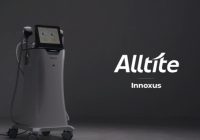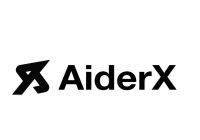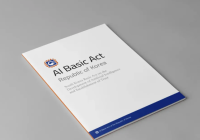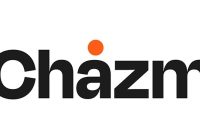StartupRecipe has released the results of a week-long survey conducted in March 2024 to understand Korean startup preferences when selecting accelerators. The online survey was conducted from March 25th to 31st, 2024, attracting 291 participants. The survey targeted individuals within the Korean startup ecosystem, including CEOs, employees, support organizations (investors, government agencies), and budding entrepreneurs. The survey covered demographics, investor selection criteria, accelerator preferences, and suggestions for improvement. The list of accelerators for ranking was provided by the Korea Accelerator Association, encompassing the top 29 companies by cumulative investment in 2022. Participants could also include write-in options for accelerators not on the list.
Key Findings
- Demographics: The majority of respondents (49%) belonged to the 30s age group, followed by 40s (24%), 20s (16%), and 50+ (11%). The survey skewed slightly male (68.6%). Seoul emerged as the dominant region (61.7%), followed by Gyeonggi-do (18.6%), Incheon (5.2%), and Daejeon (4.8%). A significant portion (63.1%) were directly involved in startups (CEOs, employees), followed by individuals from support organizations (21%) and budding entrepreneurs (15.9%).
- Investor Selection Criteria: Expertise/competence (23%) was the most valued factor when choosing an investor, followed by investor network (18.3%) and fund size (15.5%).
- Accelerator Rankings: Bluepoint Partners (100%) emerged as the most popular accelerator, followed by Primer (79.20%) and SparkLabs (61.20%). Other notable accelerators include Mashup Ventures (60%), Sopoong Ventures (56.10%), FuturePlay (52.60%), MYSC(50.60%), CNT Tech (40.40%), Seoul National University Technology Holdings (28.50%), and YouthsUP Partners (24.80%). Interestingly, Antler Korea and Korea Investment Accelerator, though not on the original list, received significant write-in votes, suggesting a growing preference for these newer entrants.
- Reasons for Choosing Accelerators: Investment philosophy (22.2%) and acceleration program (19.4%) were the most cited reasons for choosing an accelerator, followed by expertise (18.3%). The ability to attract follow-on investments (16.2%) also emerged as a significant factor.
- Areas for Improvement: Survey responses highlighted the need for diversification of investment fields beyond current trends and a stronger focus on professionalism within the accelerator ecosystem. Additionally, suggestions included introducing a rating system for accelerators and certification for investment reviewers to ensure expertise. Concerns were raised regarding accelerators relying solely on government support without personal investment.
This survey provides valuable insights into South Korean startup preferences and expectations for accelerators. Expertise, investor networks, and program quality are key considerations for startups. The findings also reveal a desire for greater diversification in investment focus and enhanced professionalism within the domestic accelerator landscape. Implementing a rating system for accelerators and certification for investment reviewers could foster greater trust and transparency. Addressing concerns regarding the quality of investment decisions by some accelerators is crucial for maintaining a robust ecosystem. By incorporating these insights, Korean accelerators can refine their offerings and better serve the evolving needs of Korean startups.






